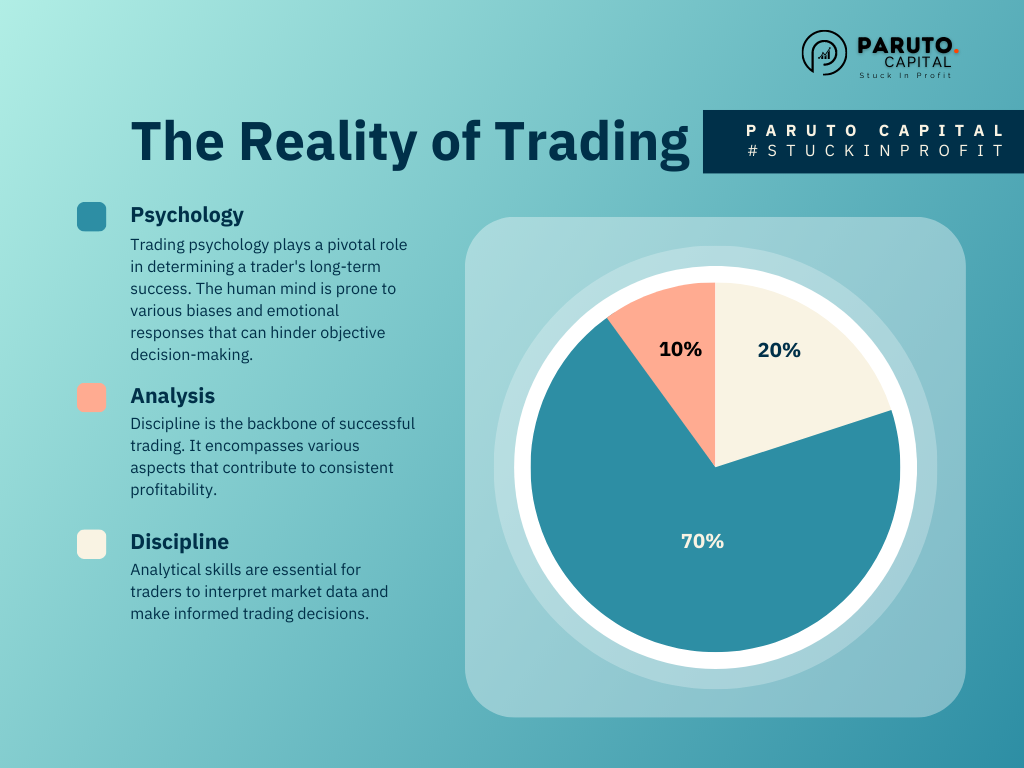Introduction
Forex trading, short for foreign exchange trading, is a global market where currencies are bought and sold with the goal of making a profit. Over the years, Forex trading has garnered its fair share of skepticism and negative perceptions, with some people even labeling it as a scam. In this article, we will explore the common myths surrounding Forex trading and shed light on the reality of this complex financial market.
Myth 1: Forex Trading is a Scam Designed to Trick Traders
One of the most persistent myths about Forex trading is the belief that it is designed to deceive traders and siphon off their money. Skeptics often point to the decentralized and over-the-counter nature of the Forex market as evidence of potential scams.
The Reality: Forex trading is a legitimate and highly regulated financial market. The decentralized nature of Forex means that it lacks a centralized exchange, but it operates under the oversight of various regulatory bodies worldwide. Reputable Forex brokers are subject to strict regulations, ensuring that they adhere to ethical and transparent trading practices.
Myth 2: Most Traders Lose Money in Forex
Another common myth is that the vast majority of Forex traders lose money, making it nearly impossible for newcomers to succeed.
The Reality: While it is true that trading Forex can be challenging, it’s not accurate to say that most traders lose money. Success in Forex trading depends on an individual’s skills, knowledge, and risk management. With the right education, strategies, and discipline, traders can achieve profitability over time.
Myth 3: Forex is a Form of Gambling
Many skeptics equate Forex trading with gambling, claiming that traders are essentially betting on currency price movements without any real analysis or strategy.
The Reality: Forex trading is not gambling. While it involves risk, successful traders rely on a combination of technical and fundamental analysis, risk management, and strategic decision-making. Unlike pure chance, Forex trading allows individuals to make informed decisions based on data and analysis. It is only when a “trader” trades without any analysis that it can be considered gambling and recklessness.
Myth 4: Forex Requires a Large Capital to Start
There is a misconception that Forex trading requires a significant amount of capital, making it inaccessible to those with limited funds.
The Reality: Forex trading is flexible and can be started with a relatively small capital. Many brokers offer micro and mini accounts, allowing traders to start with as little as $100 or even less. It’s crucial to begin with an amount that you can afford to lose and gradually increase your capital as you gain experience.
Myth 5: Forex Trading Promises Quick and Easy Profits
Some individuals are drawn to Forex trading with the expectation that it offers a shortcut to wealth, promising quick and effortless profits. They see the flashy cars and lifestyles online and think they can replicate the same without putting in the work.
The Reality: While it’s possible to make profits in Forex, it’s far from quick and easy money. Successful trading requires ongoing learning, practice, and the ability to adapt to changing market conditions. Like any other endeavor, Forex trading demands dedication and discipline.
Conclusion
In conclusion, Forex trading is not a scam but rather a legitimate financial market with opportunities for profit and risk. The negative perceptions surrounding Forex often stem from misunderstandings and misconceptions. Traders should approach Forex with realistic expectations, seek quality education like the #StuckInProfit Mentorship, and choose reputable brokers after they’ve acquired the necessary skills and education. While it’s not a guaranteed path to riches, it can be a rewarding endeavor for those who are willing to invest the time and effort required to master it.



